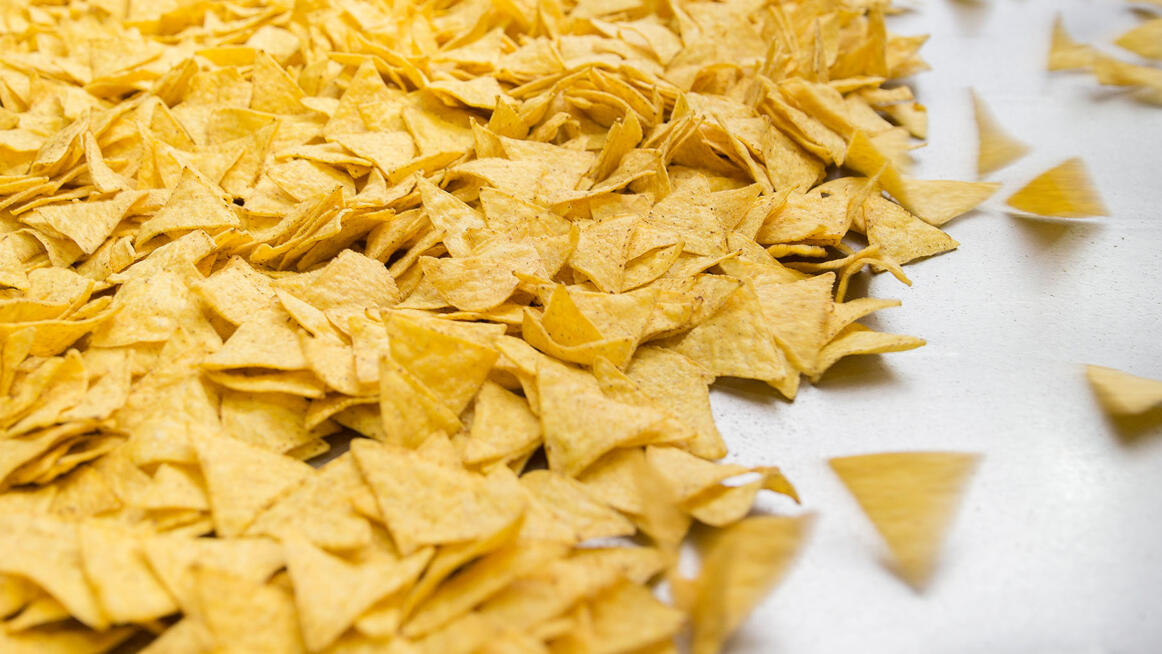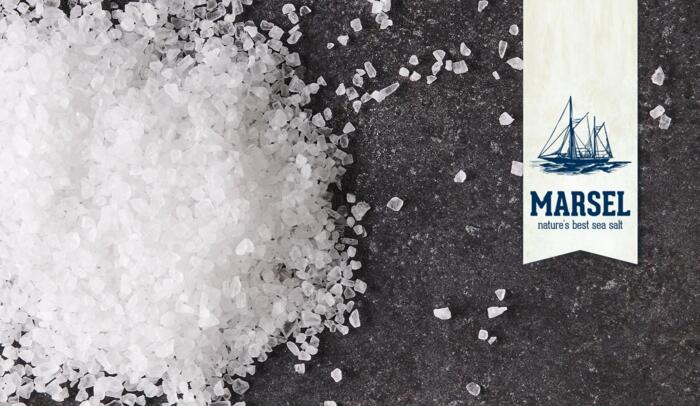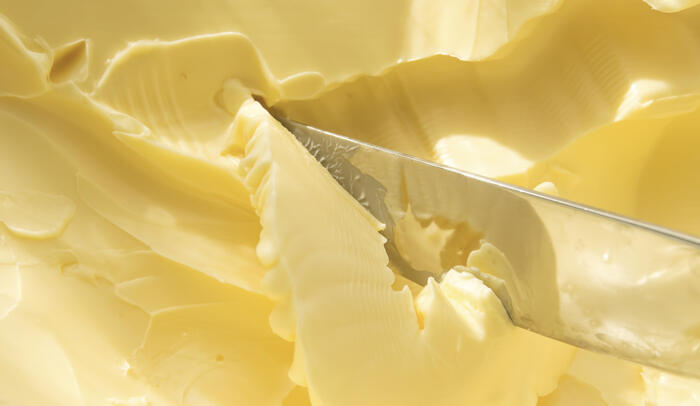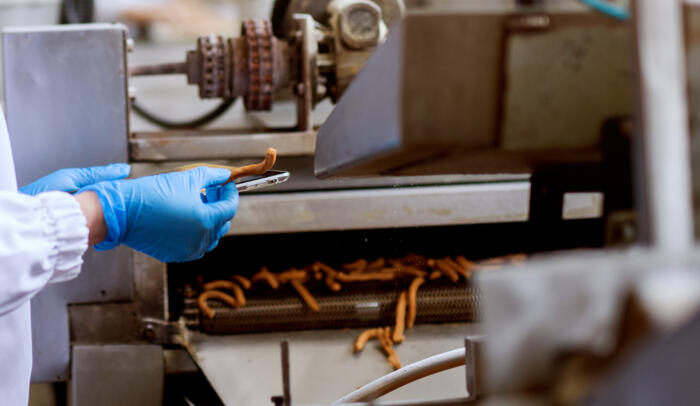Why Paulig switched from vacuum to sea salt
Saying that salt is essential in the production processes at Paulig's Belgian production plant, is an understatement. From seasoning the mixture and then the crisps, to softening the production water: salt is used in almost every stage of the chain. Whereas Paulig used to work with vacuum salt, the food company now swears by one hundred percent sea salt. As an industrial player, Paulig could see the benefits of sea salt at an early stage. In ZOUTMAN, they have a reliable and flexible partner for this essential link in the production process. "If there is a problem with the salt, our entire production grinds to a halt", explains Operations Director Bruno Noppe, highlighting its importance.
About Paulig
Paulig owns 3 production plants in Belgium, where the company produces Poco Loco and Santa Maria wraps, tortilla chips and snacks in many shapes and flavours, dinner kits, spice mixes and salsas. Paulig is a family-owned food and beverage company with over 2,000 employees in 13 different countries.
From vacuum to sea salt
Fortunately, the food company did not have to search far and wide to find a solution to its salt supply needs. ZOUTMAN is practically a next-door neighbour of Paulig's production plant in Belgium. Although that was not the main reason for starting the partnership. "The proximity was a nice plus point. But it was important for us to have a strong partner who could meet our needs at any time. And even more than that: they accommodate our wishes and provide their own input to further enhance our production."
Paulig initially used two types of salt: vacuum and sea salt. "Because we strive for optimal efficiency in production, we decided to switch to one type of salt," says Operations Director Bruno Noppe. "Because many customers perceive sea salt as better than ordinary salt, we decided to completely switch to sea salt". By exclusively using sea salt, Paulig can benefit from an extreme simplification of the production process and stock management of the raw materials. The icing on the cake is added value for the customer.
Sea salt is perceived by many consumers as better, more natural and a more premium product than vacuum salt. We now use 100% clean label sea salt. That way, we are able to meet the needs of our customers as best we can.
Clean label salt
Consumers are increasingly demanding of what is served on their plates. It is no longer just about the taste. Health and sustainability are equally important factors. Even when it comes to snacks. By making the complete switch from vacuum salt to sea salt, Paulig has taken the quality of its crisps and wraps to a higher level.
Bruno Noppe: "MARSEL, the sea salt from ZOUTMAN, is available without additives (e.g. anti-caking agent, ed.) and is perceived by many consumers as better, more natural and a more premium product than vacuum salt. So we now use one hundred percent clean label sea salt. That way, we are able to meet the needs of our customers as best we can."
Indeed, not only does Paulig attach importance to the health of its customers, but also that of its own employees. "The salt used to be supplied in 25kg bags. For ergonomic reasons, we asked to switch to 15kg bags." ZOUTMAN, which puts a lot of effort into product flexibility in terms of grain sizes and packaging, had a suitable solution for this request as well. For example, MARSEL sea salt is available in industrial bags from 5 to 25kg, and of course also in big bags. In other words, the perfect solution for every situation.
From dry salt to brine
And it doesn't stop with the choice of sea salt, across the entire production line. On ZOUTMAN's advice, Paulig made the switch to salt brine for the crisp mixtures. The brine is supplied ready-to-use, and stored in a brine tank. Staff no longer have to dose the salt, and the same product goes to the water softeners. In other words, yet another simplification of the production.
Supplying ready-to-use brine is a good example of how ZOUTMAN is increasingly offering sea salt as a service, rather than an ordinary product. With their latest innovation, the telemetry system, this service goes one step further. "Using a pressure probe on the brine tank, ZOUTMAN can remotely monitor the brine level in our tank", explains Bruno Noppe, who uses this system. "When the level in our brine tank is getting low, ZOUTMAN gets in touch to arrange the next delivery. So we no longer need to keep an eye on this ourselves, and we never run out of brine. It's one less thing we have to worry about. And a big plus in our collaboration."



